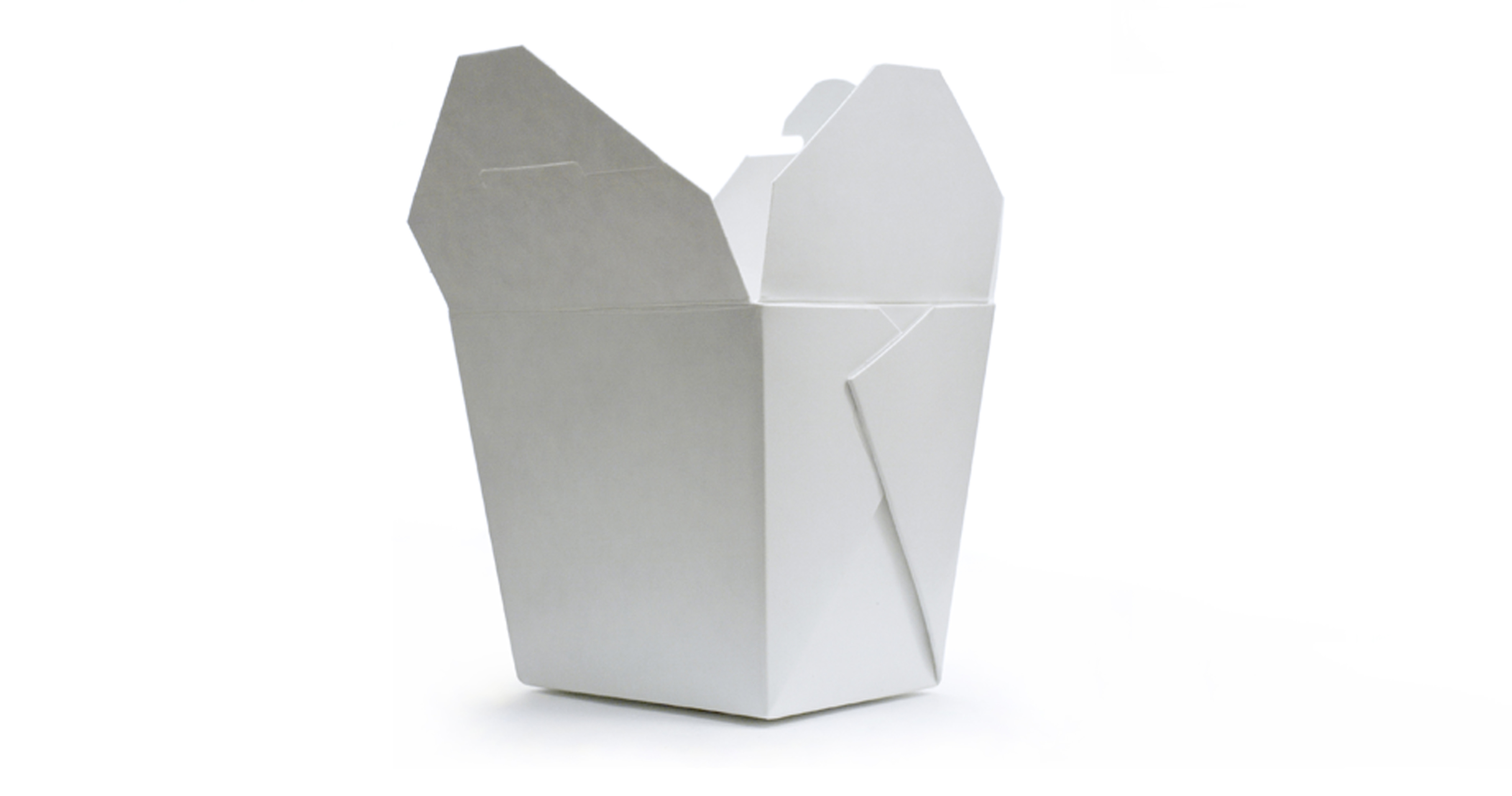
At some point in the next week, or so, I will pack up yet another box of takeout food. It won’t be any different from the rest save for one fleeting detail that, if you didn’t know it, you would miss entirely. Indeed, if my general manager hadn’t pointed it out to me, I too would have been unaware that we’ve now sent close to 10,000 meals out into the world.
I’ve always been bad at marking significant moments or achievements. Guide inclusions or awards or reviews are noted quietly with a promise to acknowledge the accomplishment further down the line, perhaps when we have a day off together or don’t have to work an imminent service. The celebration rarely arrives. Even if such things were marked with vintage Champagne the occasion of packing up 10,000 takeout meals into paper bags doesn’t fill me with a sense of triumph.
It is, undoubtedly, an achievement of sorts but I take little joy in the survival of my business and even less in the unspoken secret of the profitability of it, especially as I see friends and colleagues struggling and action groups lobbying for state sponsorship to see our profession through what will be a long and dark and grim winter.
For many, when lockdown restrictions were eased in the summer it was an opportunity to open the doors and embrace the freedom of cooking and serving, albeit operating under some draconian new measures. For reasons I explained previously, it was with a heavy heart that we continued to operate a takeout only operation.
The grim inevitability of a second wave of restrictions on indoor dining placed a burden on the restaurant during the summer months and there was no way we were going to mothball a successful business for one that carried undue risks, particularly the risk of closure. Furthermore, I realized that financially the business would be worse off due to reduced capacity and night time curfews – both of which would put pressure on the dining room and kitchen.
Sharing frustrations
It was a tough few months. The work remained repetitive and dull without the rush and emotional release of service, which is the payoff for the hard work of prep. I struggled with the notion that we were being left behind, that we were viewed as doomsayers and missing out on the opportunities to adapt and capitalize on the public’s lust for dining out after being unable to for so long – a lust that I too had and sated with several glorious (and relatively normal) meals out.
I never resented going into work but was worried I might come close, a concern I also had about my team. From the start we had an honest dialogue and we were all in agreement. We shared the same frustrations, the same anger and the same sense that we had nowhere to vent our passions – we all wanted to cook and to serve food on plates rather than in cardboard boxes. But once a week I’d check in and the consensus remained and so the boxes continued to pile up, now in their thousands, and the plates remained wrapped in plastic.
I desperately wanted to be wrong and take no pleasure in now knowing that I made the correct call but knowing that my business will make it through this crisis intact with a full team and money in the bank does at least allow me to sleep a little more soundly at night.
The Secret Chef
